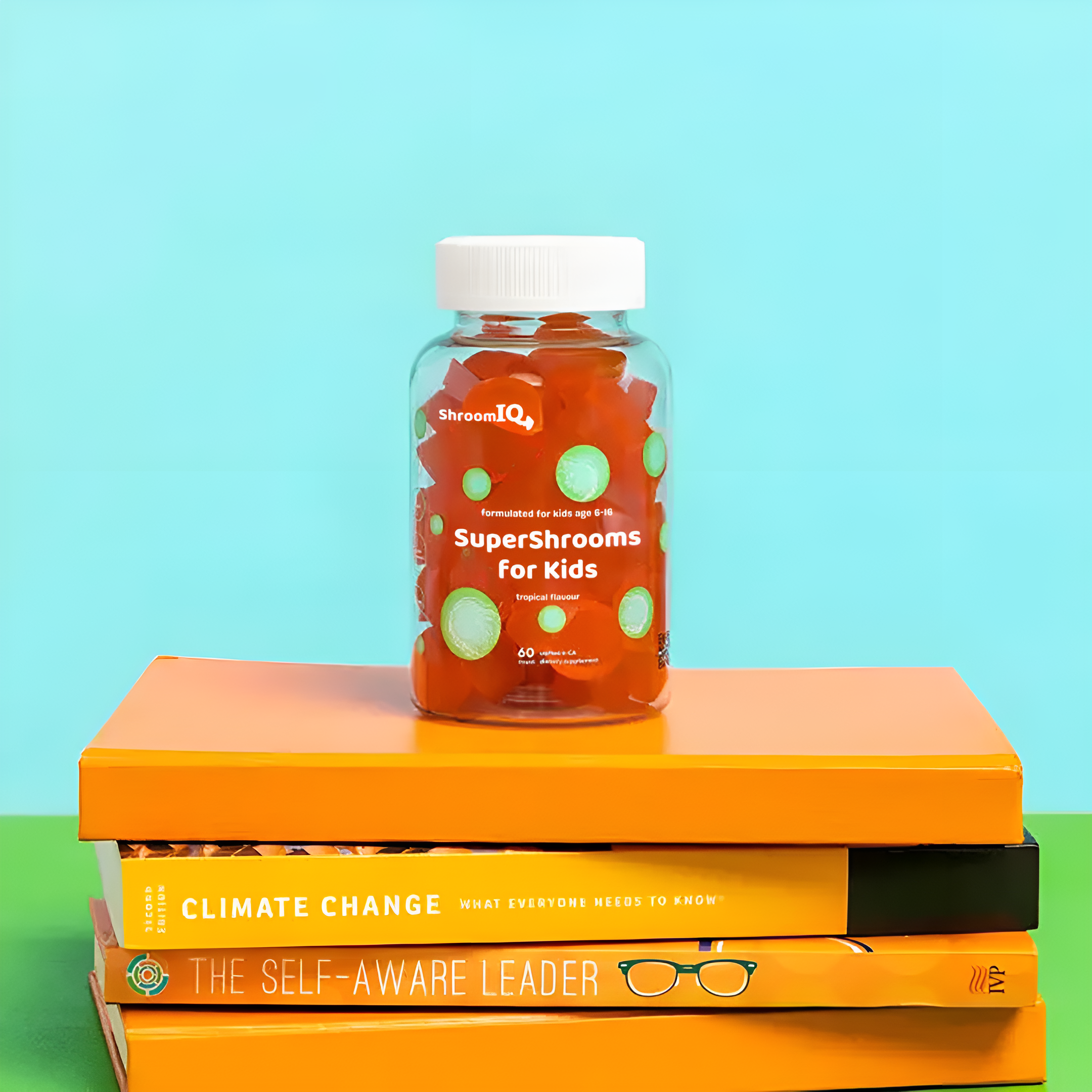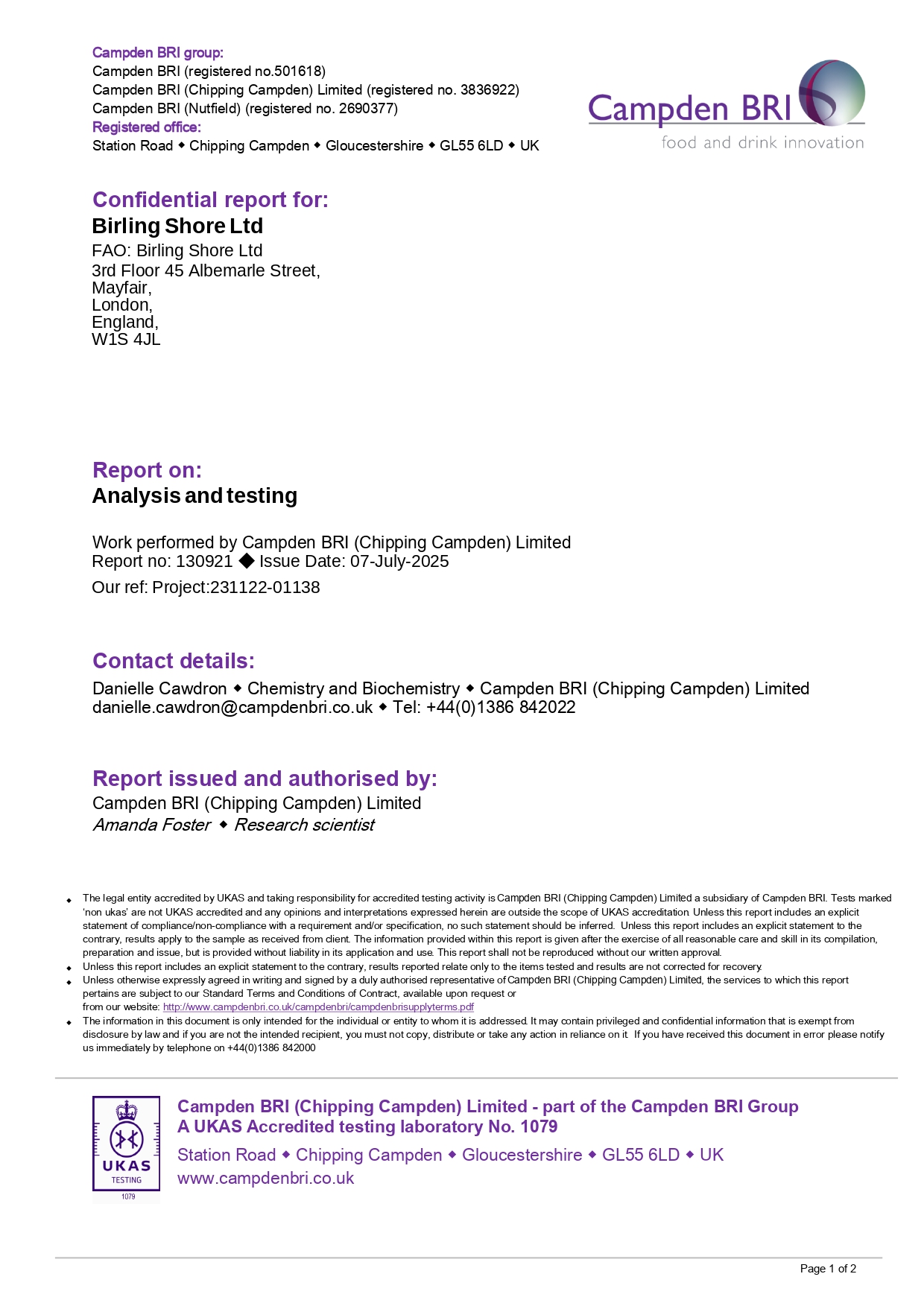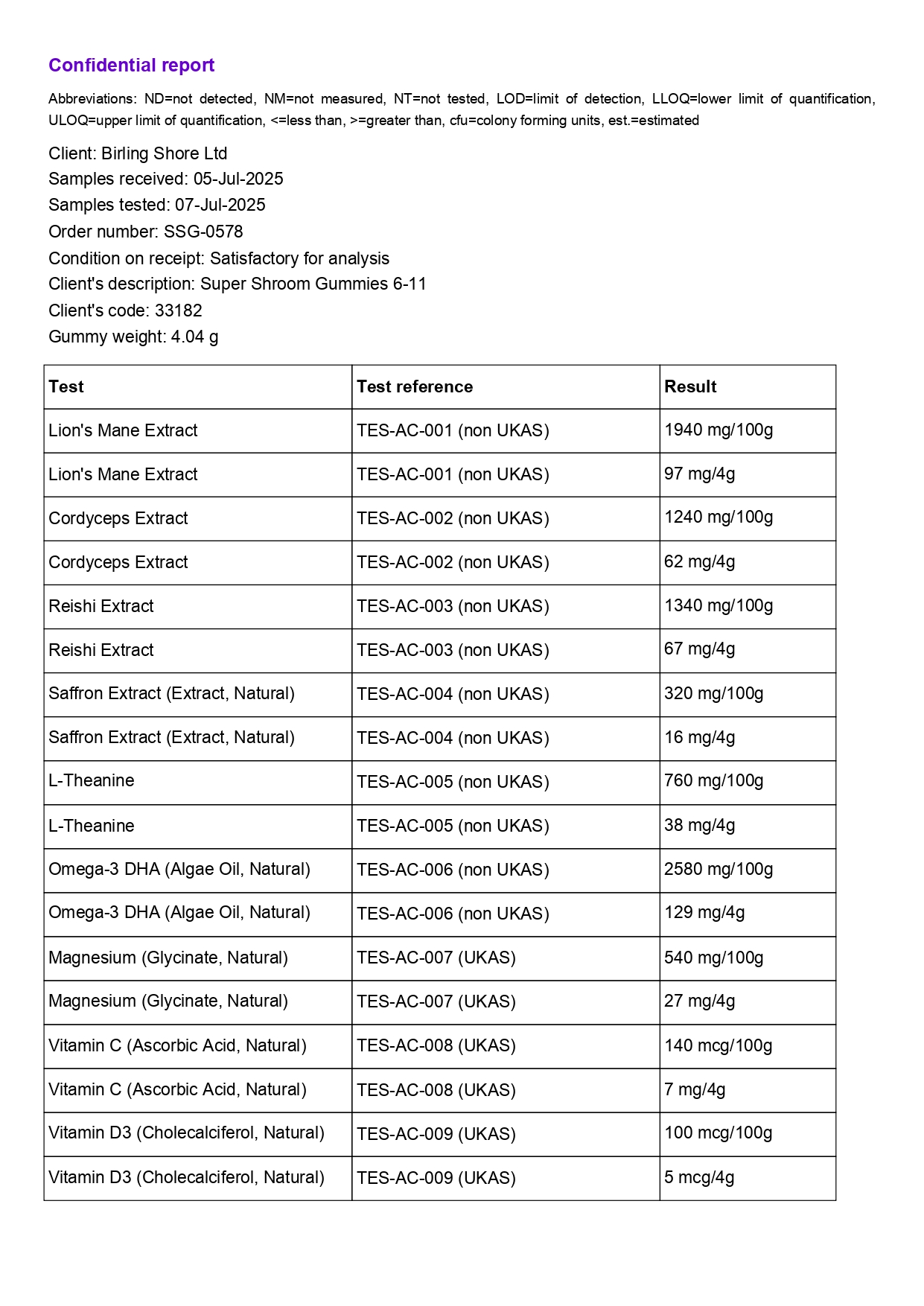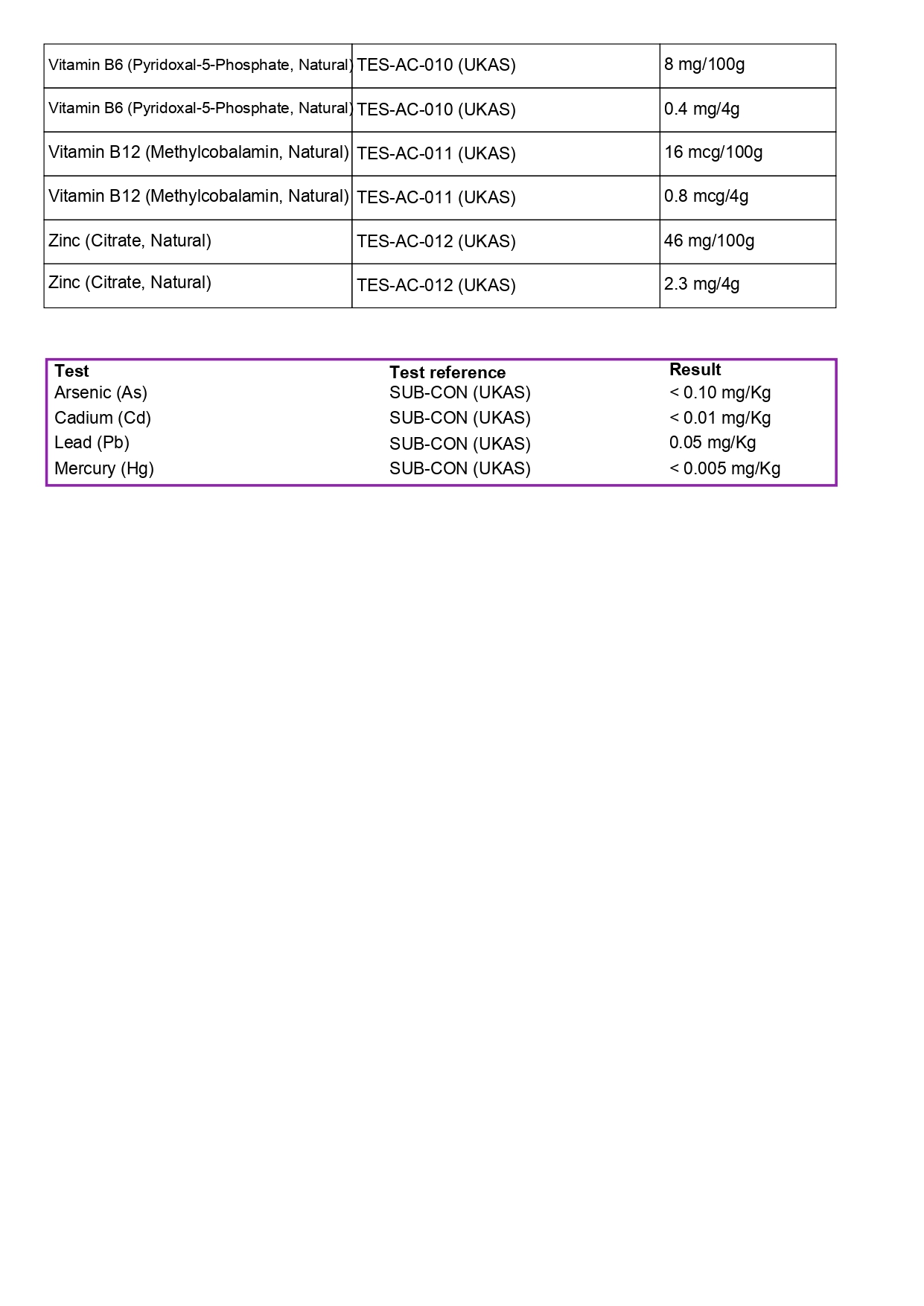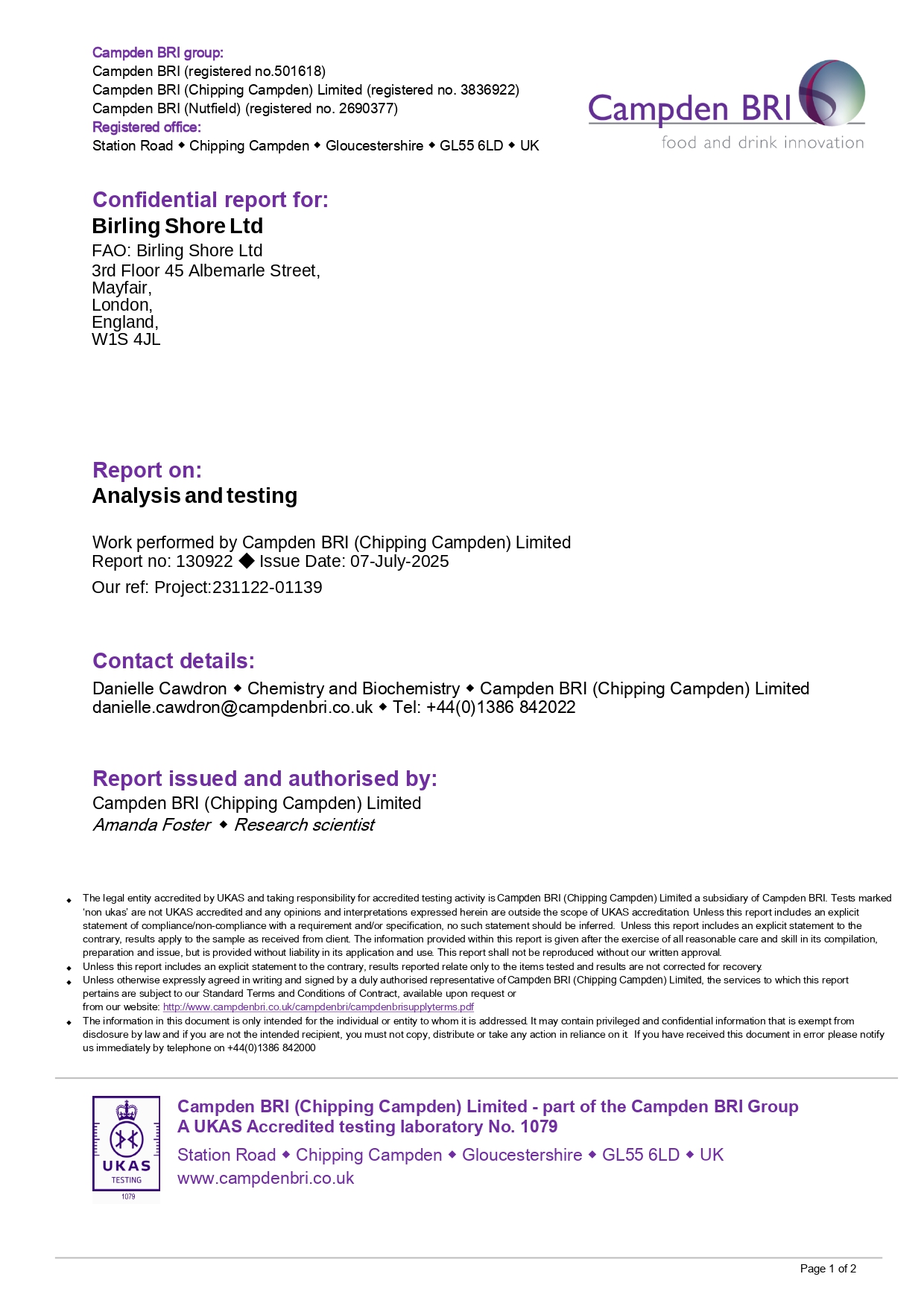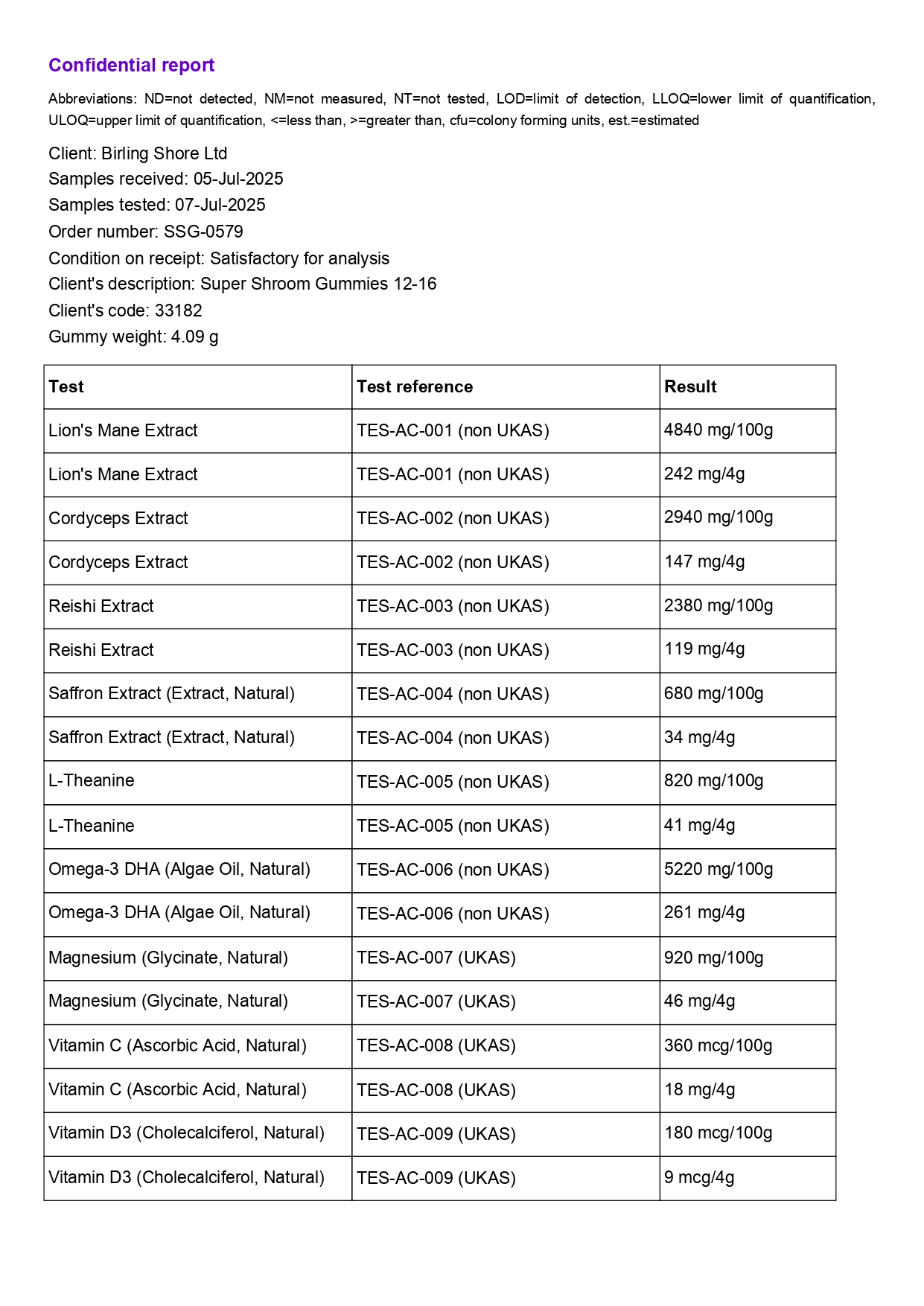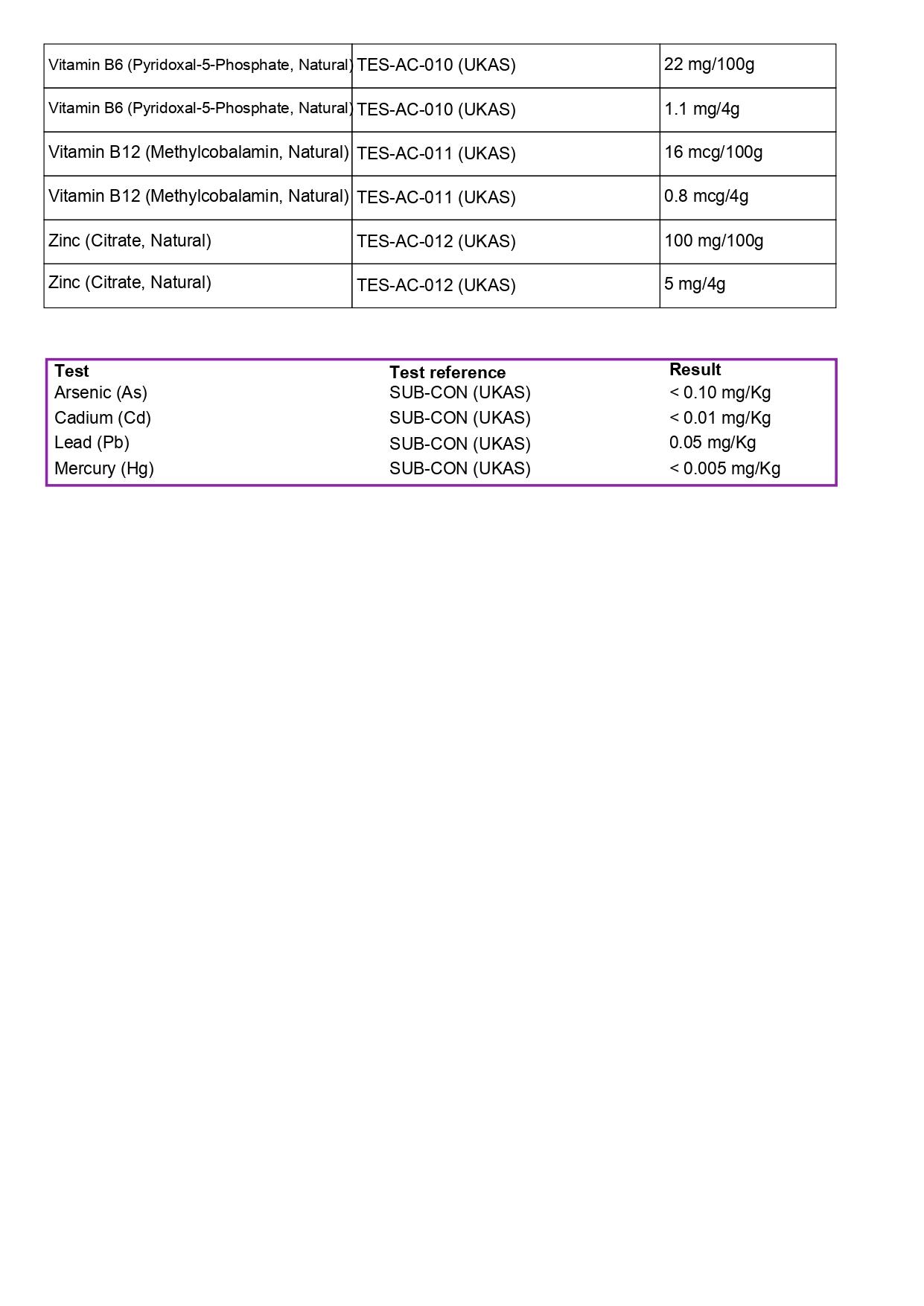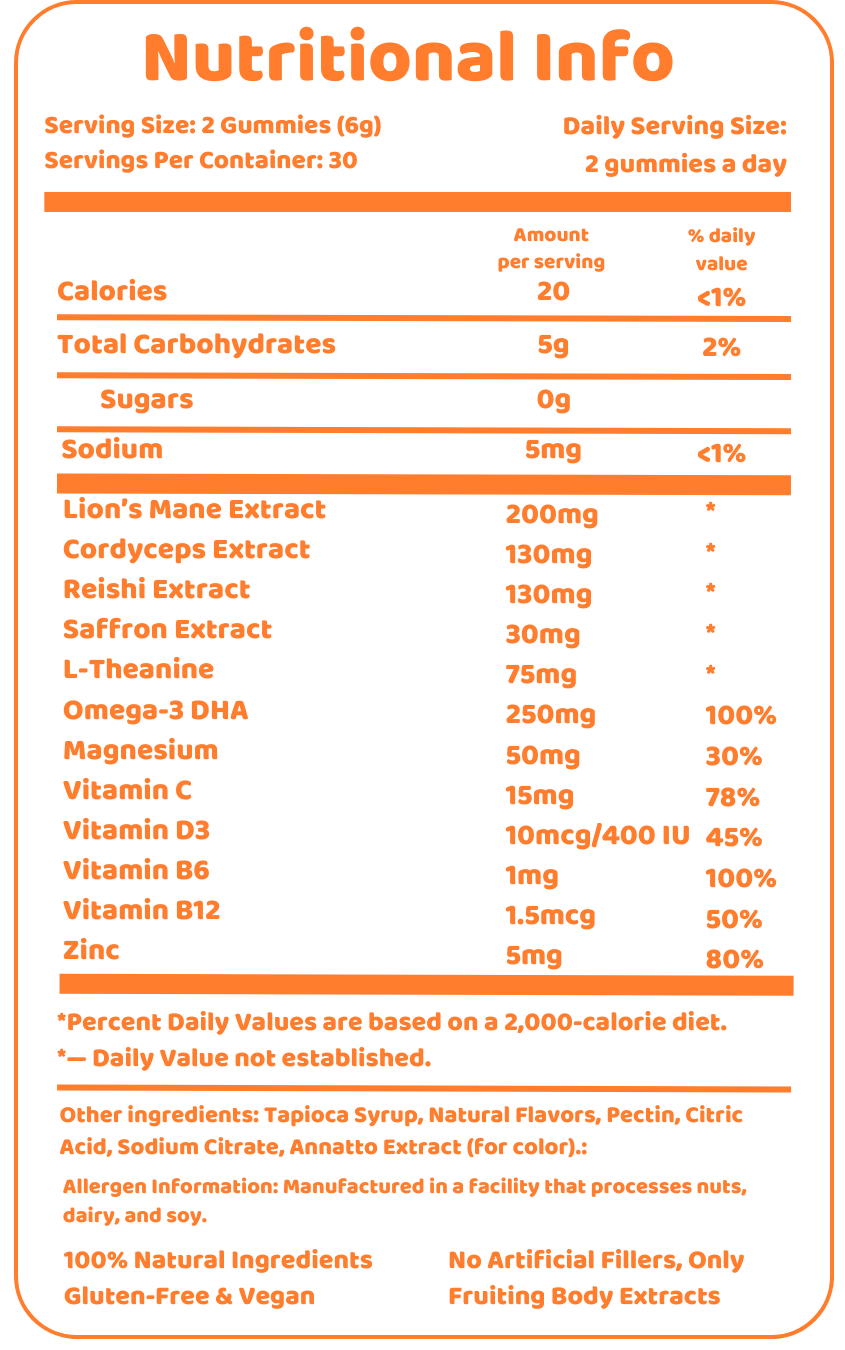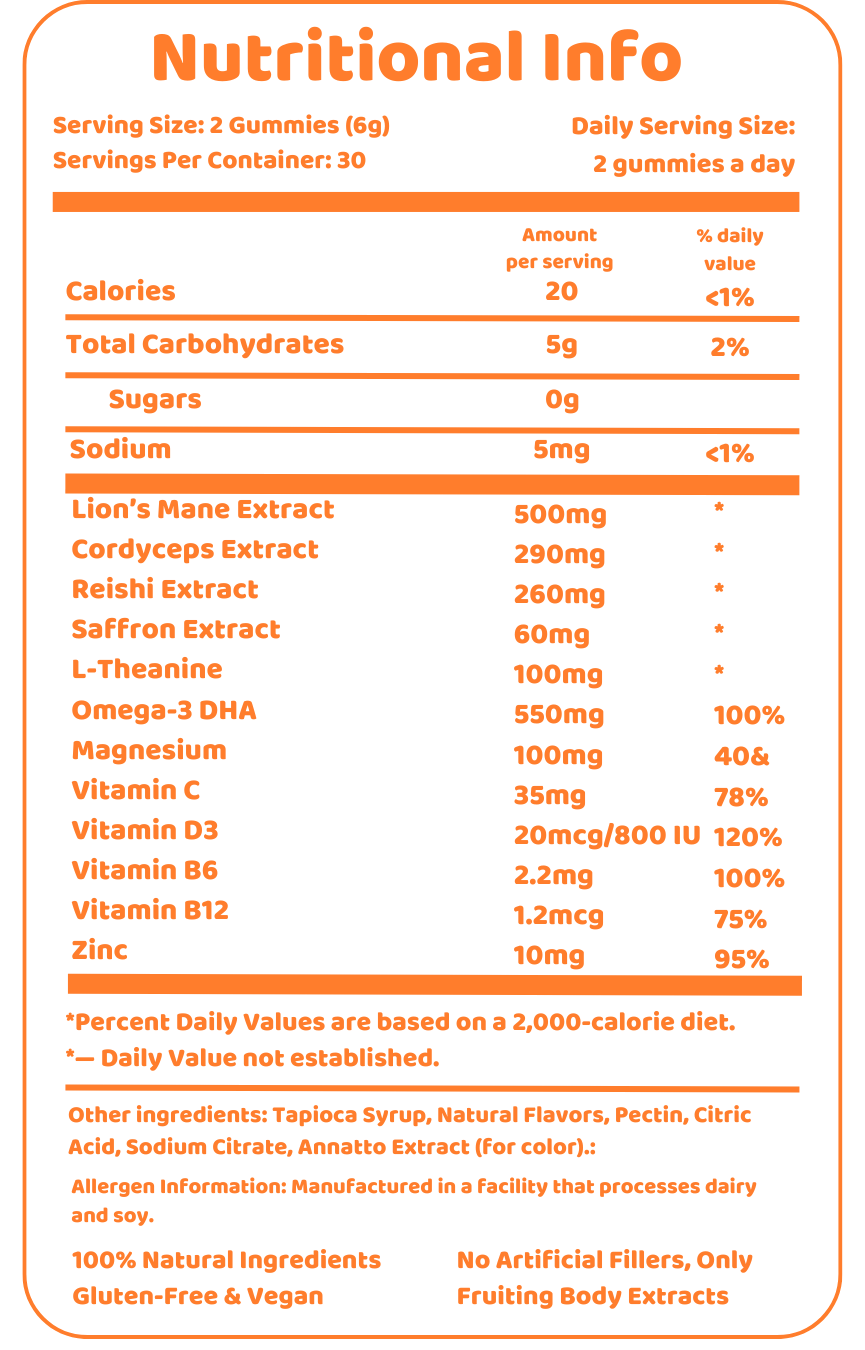Introduction
Mornings can feel like a whirlwind – lost shoes, half-eaten breakfasts, and the eternal battle with the snooze button. For parents, helping kids aged 6 to 16 start their day right often feels like a daily challenge. But the good news? You don’t need a complete overhaul overnight. The secret to a sustainable routine lies in starting small and building slowly, one habit at a time.
With the right structure, mornings can transition from frantic to focused. And when those early hours include brain-boosting habits, your child is set up not just to survive the school day, but to thrive.
Why Morning Routines Matter for Kids’ Mental Focus
A predictable morning isn’t just a parental dream – it’s a developmental necessity. Studies show that children with consistent routines demonstrate better emotional regulation, improved school performance, and reduced stress. For growing minds, mornings set the tone for focus, learning, and energy levels throughout the day.
And for kids who start their day in a calm and structured way, their brains are primed for better memory retention, emotional stability, and academic performance.
Start Small – The Power of One Habit
The First Step: A Consistent Wake-Up Time
Before diving into breakfast plans or chore charts, start with the cornerstone: waking up at the same time every day. A consistent wake-up time aligns with your child’s internal clock, known as the circadian rhythm, which controls everything from alertness to mood.
Tip: Create gentle wake-up cues like sunlight, a soothing playlist, or an incentive like choosing their breakfast.
Add-On Habit 1: Making the Bed
This small task provides an early win and establishes a sense of responsibility. Plus, it teaches kids that even the smallest routines matter.
Add-On Habit 2: Brain-Boosting Breakfast (Include Gummies)
Nutrition is fuel for focus. A balanced breakfast that includes healthy fats, proteins, and complex carbs can power up the brain. Don’t forget your child’s daily brain-boosting gummy – a tasty and smart addition packed with nutrients that support cognitive function, memory, and focus.
Age-Based Adjustments for Morning Routines
Ages 6–10: Structure with Visual Cues
Younger children thrive on visual reminders. Use colorful charts, checklists, or songs to guide them through their morning steps. Consider a reward system to reinforce positive behavior.
Ages 11–13: Encourage Autonomy
This age group craves independence. Allow them to take more control – let them create their own routine checklist and take responsibility for sticking to it.
Ages 14–16: Time Management & Tech Discipline
Older kids face more distractions – especially from screens. Help them balance their routine with tools like alarm apps or preparing their outfit and backpack the night before to avoid morning rush.
Common Pitfalls and How to Avoid Them
- Trying to do too much at once: Change is hard; go slow.
- Skipping breakfast: Kids need fuel – nutritious and quick is key.
- Leaving kids out of planning: Involve them. Ownership boosts follow-through.
Making It Stick – Parent Tips for Success
- Celebrate small wins: A sticker, high-five, or a few words of praise go a long way.
- Stay consistent, but flexible: Life happens. The goal is progress, not perfection.
- Incorporate fun: Turn routines into games or challenges when possible.
- Set the example: Kids follow what they see more than what they’re told.
Conclusion
Creating a morning routine that works isn’t about perfection – it’s about progress. By starting with just one habit and layering on more as each becomes second nature, you’ll help your child build a morning that fuels both peace and productivity. And don’t underestimate the power of simple additions – like a healthy breakfast and your brain-boosting gummies – to support mental focus and energy.
Start tomorrow with just one small change, and watch the calm replace the chaos.
FAQs
What time should kids wake up for school?
Ideally, kids should wake up 60–90 minutes before school starts to allow enough time for personal care, breakfast, and preparation without feeling rushed.
How do I motivate my child to follow a routine?
Use visual aids, celebrate consistency, involve them in planning, and keep the steps age-appropriate and achievable.
What’s a good breakfast for brain health?
A mix of whole grains, protein (like eggs or yogurt), and fruit works great. Pair it with a brain-boosting gummy for extra support.
Are morning routines different for teens vs younger kids?
Yes – teens need more autonomy and time management skills, while younger kids benefit more from visual guidance and repetition.
Can a routine help my child focus better in school?
Absolutely. Structured mornings support cognitive readiness, emotional regulation, and reduce distractions throughout the day.



